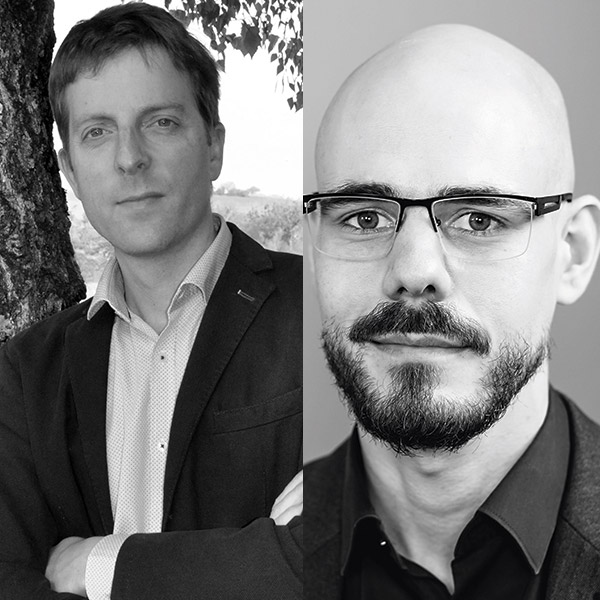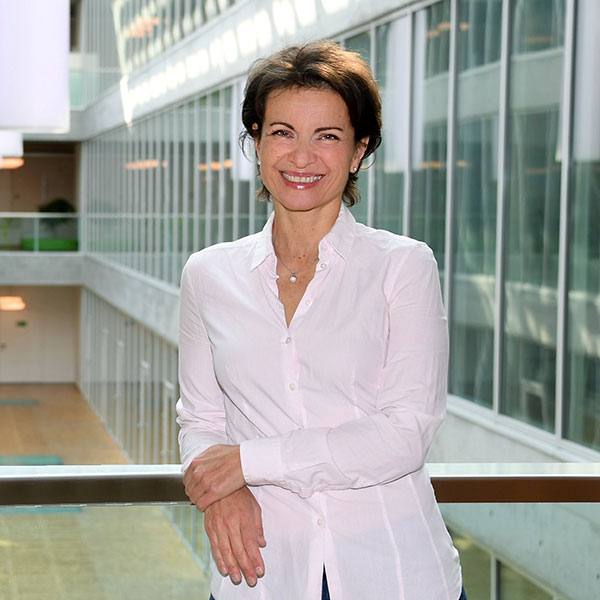Research on research
If we want to support the best science, then we need evidence-based research funding, says Matthias Egger.

Image: Manu Friederich
Albert Einstein once said: “A person who has not made his great contribution to science before the age of 30 will never do so”. But this isn’t true at all. It’s proven that scientists have made important contributions at all stages of life, most typically between the ages of 35 and 45. But how do we know this? Thanks to research on research. Its goal is to understand how science is carried out, evaluated and funded, how its results are disseminated, and what the short-term and long-term uses are. For example, it’s providing more and more proof that increased diversity provides for research teams that are more intelligent and more creative.
But many questions remain open. How many studies have been left unpublished? How have publication practices changed on account of the increasing number of fraudulent journals, and because of pre-publication articles circulating without peer-review? What are the most important reasons when results cannot be replicated, and can registering study protocols help to combat the problem?
The Swiss National Science Foundation (SNSF) would like to make a bigger contribution to evidence-based research funding. To this end, it has set up a small, multi-disciplinary research team. It recently analysed almost 40,000 expert reports that the SNSF procured for evaluating applications between 2006 and 2016. The results of this analysis are important. Experts proposed by the applicants themselves gave evaluations that were considerably more positive than those by experts approached independently by the SNSF. This is why we recently changed our code of practice: applicants can no longer suggest their own appraisers. We also found that evaluations by female experts or by experts working in Switzerland are more negative than those by men or by foreign experts.
All over the world, a lot of money is being wasted on studies that are superfluous, flawed by design, are never published, or get bad reports. We need more scholarly findings in order to maximise the efficiency, effectivity, fairness and impact of research funding.




